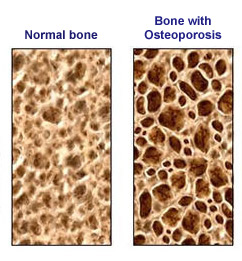CONCLUSIONS/SIGNIFICANCE: Bone turnover and metabolism did not differ significantly in CIS and MS patients with prevalent low bone mass compared to controls. These findings indicate that the bone deficit in patients newly diagnosed with MS and CIS is not caused by recent acceleration of bone loss, and are compatible with shared aetiological factors between MS and low bone mass.
This study suggests that factors such as vitamin D intake may not only link with MS susceptibility but also low bone mass. So make sure you supplement if your vitamin D levels are low
This study suggests that factors such as vitamin D intake may not only link with MS susceptibility but also low bone mass. So make sure you supplement if your vitamin D levels are low
